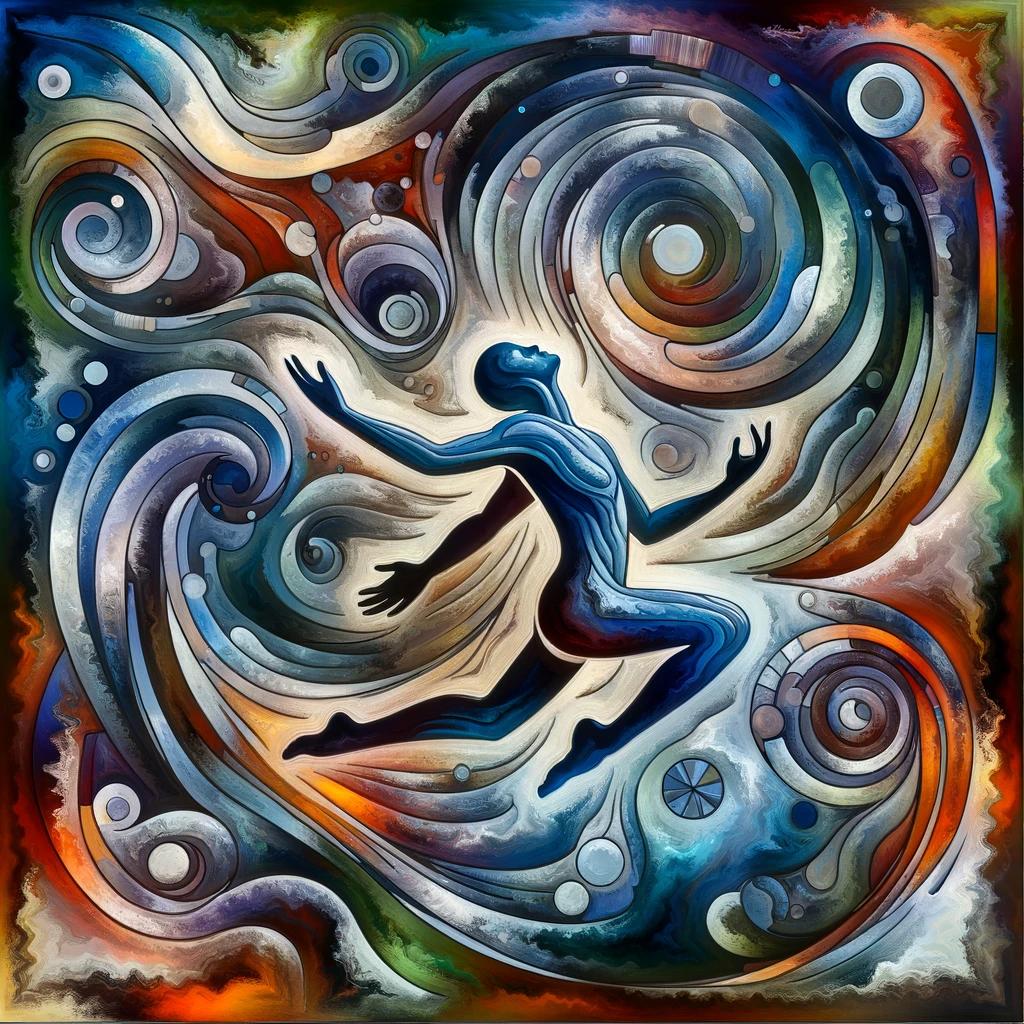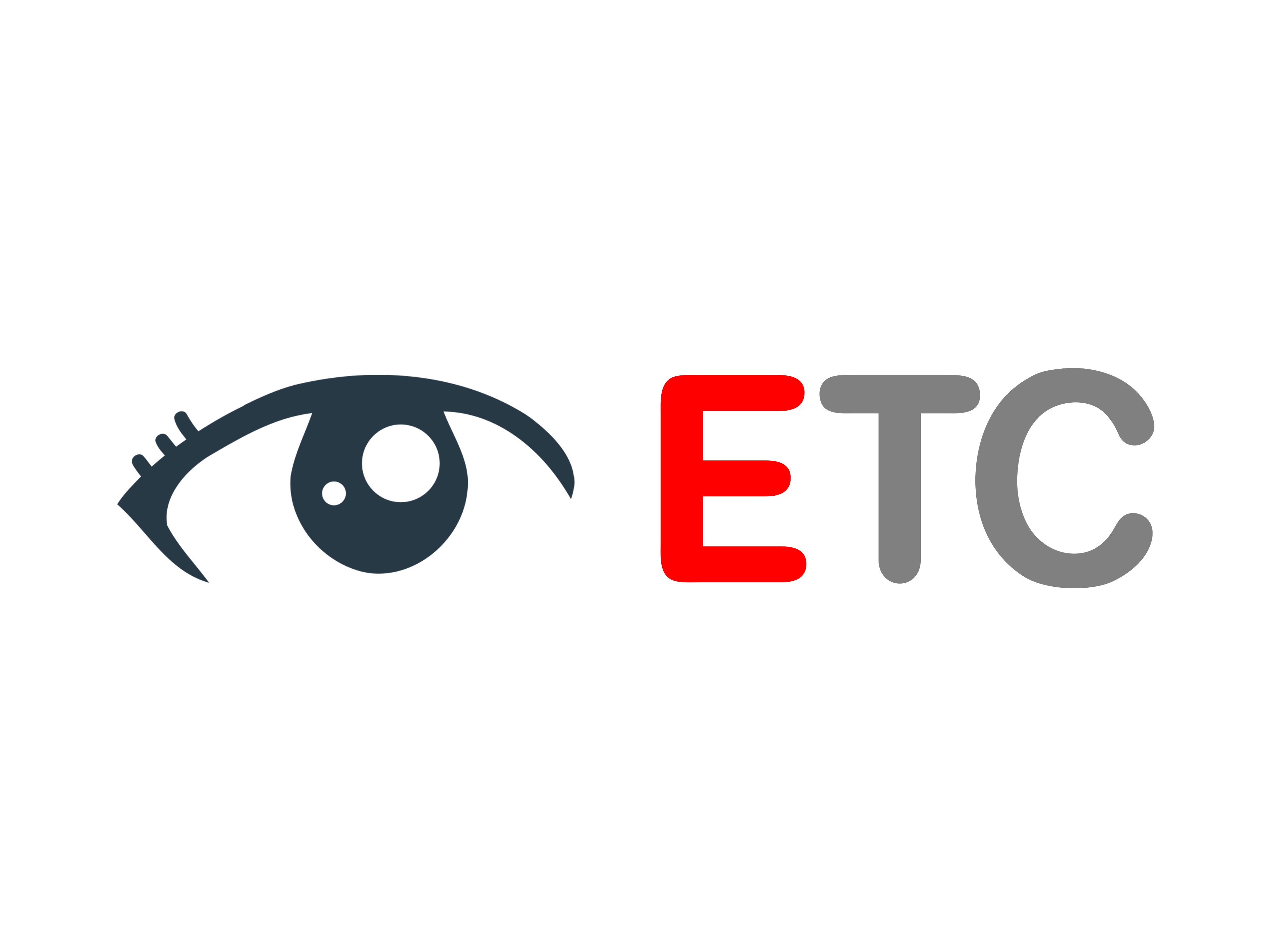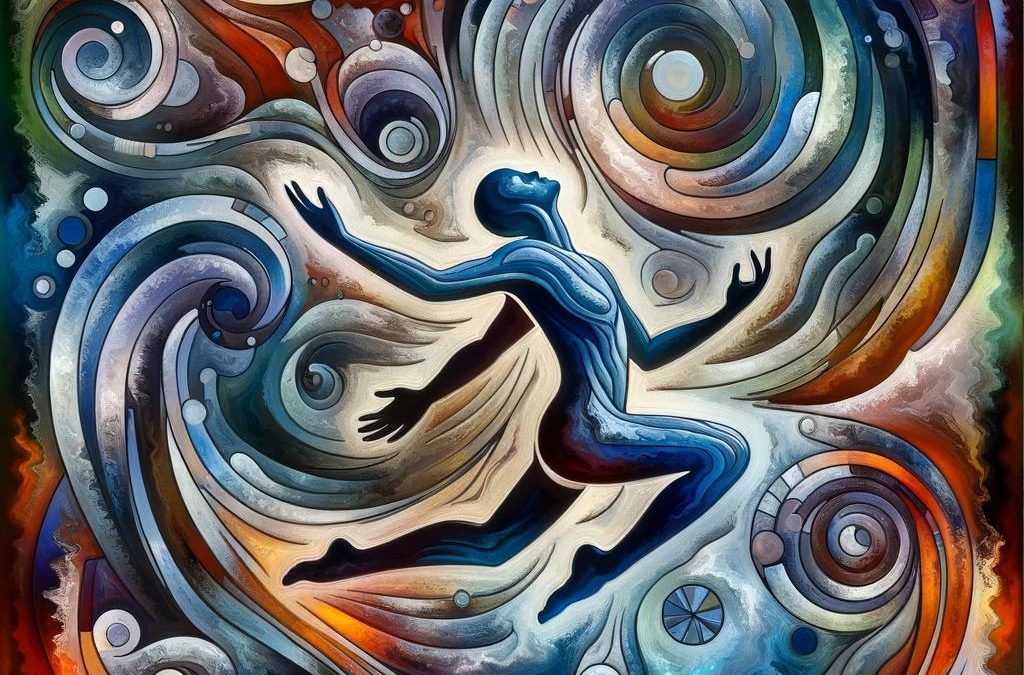Restless Discontent
Constant dissatisfaction and restlessness characterize the “Restless Discontent” personality type. Individuals with this personality type often feel unfulfilled and may struggle to find contentment in various aspects of their lives, leading to a perpetual desire for change and improvement.
Core Competencies:
FIT Score: 6.4
Emotional Intelligence (EQ)
Moderate – Restless Discontents may have a keen awareness of their emotional state but may struggle with managing their emotions effectively.
Stress Tolerance
Low – Their restless nature often makes it difficult for them to cope with stress, leading to a cycle of discontent.
Team Compatibility
Moderate – They may find it challenging to fully integrate into a team due to their restless and often dissatisfied nature.
Communication Skills
Moderate – While they can articulate their thoughts, their restless discontent may make it difficult to maintain positive communication.
Conflict Resolution
Low to Moderate – Their general state of discontent may make conflict resolution challenging, as they may focus on problems rather than solutions.
Motivation
Moderate – They are often motivated by a desire for change, but this can also lead to a lack of focus.
Adaptability
High – Their restless nature often makes them adaptable to new situations, although not always happily so.
Empathy
Low to Moderate – Their focus on their own discontent may limit their ability to empathize with others.
Resilience
Moderate – While they may quickly move on to new interests or challenges, they may not fully recover emotionally from setbacks.
Self-Regulation
Low – Their restless nature can make it difficult for them to maintain emotional equilibrium.
Optimism/Pessimism
Low – Their general state of discontent often leads to a pessimistic outlook.
Work-Life Balance
Low – Their restlessness can make it difficult for them to establish a healthy work-life balance.
Ambition
Moderate to High – They often have many goals they wish to achieve but may lack the focus to see them through.
Interpersonal Skills
Moderate – While they can be engaging, their restless discontent can make long-term relationships challenging.
Honesty and Integrity: 5/10
Restless Discontents are often honest about their feelings of dissatisfaction, but this can sometimes come across as blunt or insensitive. Their focus on what’s lacking can sometimes compromise their integrity as they search for something “better.”
Life Balance
Strengths:
-
Drive for Improvement: Restless Discontents have a strong desire for personal and professional growth, making them proactive in seeking opportunities for change and development.
-
Innovation: They tend to be creative and innovative, often coming up with new ideas and solutions to address their dissatisfaction.
-
Persistence: Restless Discontents are persistent and determined in their pursuit of change and improvement, which can lead to overcoming challenges.
-
Curiosity: They possess a natural curiosity and a hunger for new experiences, knowledge, and adventures.
-
Adaptability: Their willingness to embrace change and adapt to new situations can be an asset in dynamic environments.
-
Resourcefulness: They often find creative ways to address problems and challenges, thinking outside the box.
Weaknesses:
-
Chronic Discontent: The primary weakness of Restless Discontents is their chronic sense of dissatisfaction, which can lead to unhappiness and difficulty appreciating the present moment.
-
Impulsivity: Their constant desire for change may lead to impulsive decisions without fully considering the consequences.
-
Difficulty Committing: They may need help with long-term commitments, as they often seek novelty and may grow bored easily.
-
Restlessness: An inability to stay content in one place or job for an extended period may result in frequent job changes or lifestyle adjustments.
-
Stress and Anxiety: The quest for constant improvement can lead to stress and anxiety, as they may feel overwhelmed by self-imposed expectations.
-
Relationship Strain: Restless Discontents may struggle to maintain stable relationships due to their ever-changing nature and search for novelty.
-
Lack of Satisfaction: They may find it challenging to find lasting satisfaction or contentment in their achievements or possessions.
Individuals with the Restless Discontent personality type may benefit from practices that promote mindfulness, gratitude, and finding joy in the present moment. Developing long-term goal-setting strategies and achieving personal milestones can help balance their desire for constant change.
Jobs & Action Plan
Job Profiles Well-Suited for Restless Discontents:
Operations Management, Strategy, Innovation
-
Entrepreneurs: Their drive for innovation and change can make them successful entrepreneurs who continuously seek to improve products or services.
-
Consultant: Restless Discontents can leverage their resourcefulness and adaptability to provide valuable consulting services across various industries.
-
Travel Blogger or Photographer: If they have a passion for exploration, they can document their adventures and share their experiences with others.
-
Researcher or Scientist: Those interested in seeking new knowledge and solutions may find fulfillment in research or scientific roles.
-
Freelancer: Freelancing allows them to work on various projects and explore different industries without long-term commitments.
-
Project Manager: Managing projects from start to finish can satisfy their desire for accomplishment and change.
-
Creative Professional: Careers in the arts, such as writing, graphic design, or filmmaking, can provide an outlet for their innovative ideas.
-
Lifestyle Coach: Guiding others in making positive life changes aligns with their desire to help and inspire.
-
Digital Nomad: Embracing a location-independent lifestyle can cater to their love of exploration and adventure.
-
Motivational Speaker: Sharing their journey and experiences can inspire others to embrace change and personal growth.
It’s important for Restless Discontents to find a balance between their pursuit of improvement and the ability to appreciate the present moment. Developing self-awareness and strategies for managing their restlessness can lead to a more fulfilling life.
Restless Discontent – Action Plan:
-
Strengths: Acknowledge your discomfort as a catalyst for change.
-
Action Plan:
Identify areas of your life that require improvement.
Embrace change and actively seek solutions to your discontent.
Set achievable goals for personal growth.
“Restless Discontent” personality type, an action plan can help manage feelings of dissatisfaction and restlessness while promoting personal growth, fulfillment, and emotional stability. Here’s a strategic approach:
1. Emotional Intelligence (EI) Quotient
-
Action: Emotional intelligence training with an emphasis on identifying and understanding the root causes of discontent.
-
Purpose: To improve self-awareness and develop strategies for managing negative emotions constructively.
-
Outcome: Enhanced emotional regulation and a more positive outlook.
2. Stress Response Analysis
-
Action: Implement mindfulness and meditation practices targeted at reducing restlessness and promoting calm.
-
Purpose: To offer effective tools for managing stress and reducing feelings of chronic dissatisfaction.
-
Outcome: Increased calmness and stress resilience.
3. Adaptability Index
-
Action: Flexibility and adaptability exercises, including exposure to new experiences and perspectives.
-
Purpose: To encourage openness to change and reduce resistance to new situations that could alleviate discontent.
-
Outcome: Enhanced adaptability and openness to life’s variability.
4. Cognitive Styles
-
Action: Cognitive-behavioral techniques to challenge and reframe negative thought patterns contributing to restlessness.
-
Purpose: To shift towards a more positive, constructive mindset and reduce pervasive feelings of discontent.
-
Outcome: A more balanced and optimistic cognitive outlook.
5. Interpersonal Dynamics
-
Action: Communication and relationship-building workshops to improve social connections and support networks.
-
Purpose: To address potential isolation or misunderstandings in relationships that may exacerbate feelings of discontent.
-
Outcome: Improved relationships and a stronger sense of community.
6. Values and Motivations
-
Action: Deep dive sessions into personal values and motivations to align daily activities and goals with intrinsic desires.
-
Purpose: To ensure that their pursuits are meaningful and aligned with their core values, addressing sources of discontent.
-
Outcome: A more fulfilling and purpose-driven life.
7. Behavioral Patterns
-
Action: Habit tracking and modification plans to identify and change behaviors that contribute to restlessness and discontent.
-
Purpose: To foster healthier habits and routines that promote contentment and satisfaction.
-
Outcome: Reduced restlessness and increased daily satisfaction.
8. Communication Preferences
-
Action: Developing assertive communication skills to express needs and desires more effectively.
-
Purpose: To mitigate feelings of discontent arising from unmet needs or misunderstandings.
-
Outcome: More effective self-expression and reduced frustration.
9. Life Satisfaction and Fulfillment Metrics
-
Action: Regular self-assessment tools to measure and track progress towards personal fulfillment and satisfaction.
-
Purpose: To identify areas of life that need attention and improvement for greater contentment.
-
Outcome: Increased overall life satisfaction.
10. Neuroplasticity and Learning Styles
-
Action: Encourage the pursuit of new skills and hobbies to stimulate the brain and provide a sense of achievement.
-
Purpose: To leverage learning and neuroplasticity for mood improvement and reducing feelings of stagnation.
-
Outcome: Enhanced personal growth and reduced restlessness.
11. Digital Behavior Analysis
-
Action: Analyze and adjust online habits that may contribute to feelings of discontent, such as social media use.
-
Purpose: To promote healthier digital consumption that supports mental well-being.
-
Outcome: Better digital habits and improved mental health.
12. Cross-Cultural Dimensions
-
Action: Exposure to and engagement with diverse cultures and philosophies to broaden perspective and find new sources of meaning.
-
Purpose: To challenge existing viewpoints and potentially alleviate feelings of discontent through greater understanding and acceptance.
-
Outcome: A more open and enriched worldview.
This action plan is crafted to guide the “Restless Discontent” personality type towards a path of self-improvement, emotional stability, and fulfillment. Each step is designed to tackle specific challenges associated with this personality type, promoting a more contented and satisfying life experience.
Innovation & Leadership
Innovation:
Moderate – 7/10
-
Restless Exploration: Restless Discontents are driven by a constant desire for change and innovation, often exploring new ideas and opportunities.
-
Adaptability: They are quick to adapt to new technologies and methodologies, making them agile innovators in rapidly changing environments.
-
Creativity: Restless Discontents often bring a creative and unconventional perspective to innovation, challenging the status quo.
-
Experimentation: They are willing to take calculated risks and experiment with new approaches and strategies to achieve innovative outcomes.
-
Problem Identification: Restless Discontents excel at identifying problems and areas for improvement, driving their innovation efforts.
Leadership:
-
Change Advocates: They are advocates for change and can lead teams through transitions and transformations effectively.
-
Visionary Leadership: Restless Discontents often have a clear vision of where they want to go and can inspire others to follow that vision.
-
Collaboration: They value collaboration and teamwork, fostering an environment where diverse perspectives contribute to innovative solutions.
-
Risk-Taking: They are comfortable with taking calculated risks and can guide their teams through uncertainty.
-
Continuous Improvement: Restless Discontents prioritize continuous improvement and encourage their teams to seek better ways of doing things.
Restless Discontents Top Emotional Stages Categories:
-
Neutral Emotions
-
Self-Doubt & Insecurity
-
Discontent & Discomfort
Interests & Hobbies:
-
Extreme Sports
-
Traveling Spontaneously
-
Graffiti Art
-
Political Activism
-
Urban Exploration
-
Thrill-Seeking Activities
-
Social Justice Causes
-
Blogging/Vlogging
-
Underground Music Scenes
-
Adventure Games

Three potential best matches based on complementary traits and potential for mutual growth:
-
Restless Discontent
-
Energetic Challenger
-
Balanced Enthusiast
-
Resilient Survivor
Growth Phrases
-
“Embrace the journey, not just the destination.”
-
“Seek progress, not perfection.”
-
“Cultivate gratitude for the present moment.”
-
“Challenge yourself to find calm in the chaos.”
-
“Transform obstacles into opportunities.”
-
“Nurture patience; growth takes time.”
-
“Find balance in action and reflection.”
-
“Let go of what you cannot control.”
-
“Focus on what brings you joy and fulfillment.”
-
“Invest in relationships that uplift and support you.”


